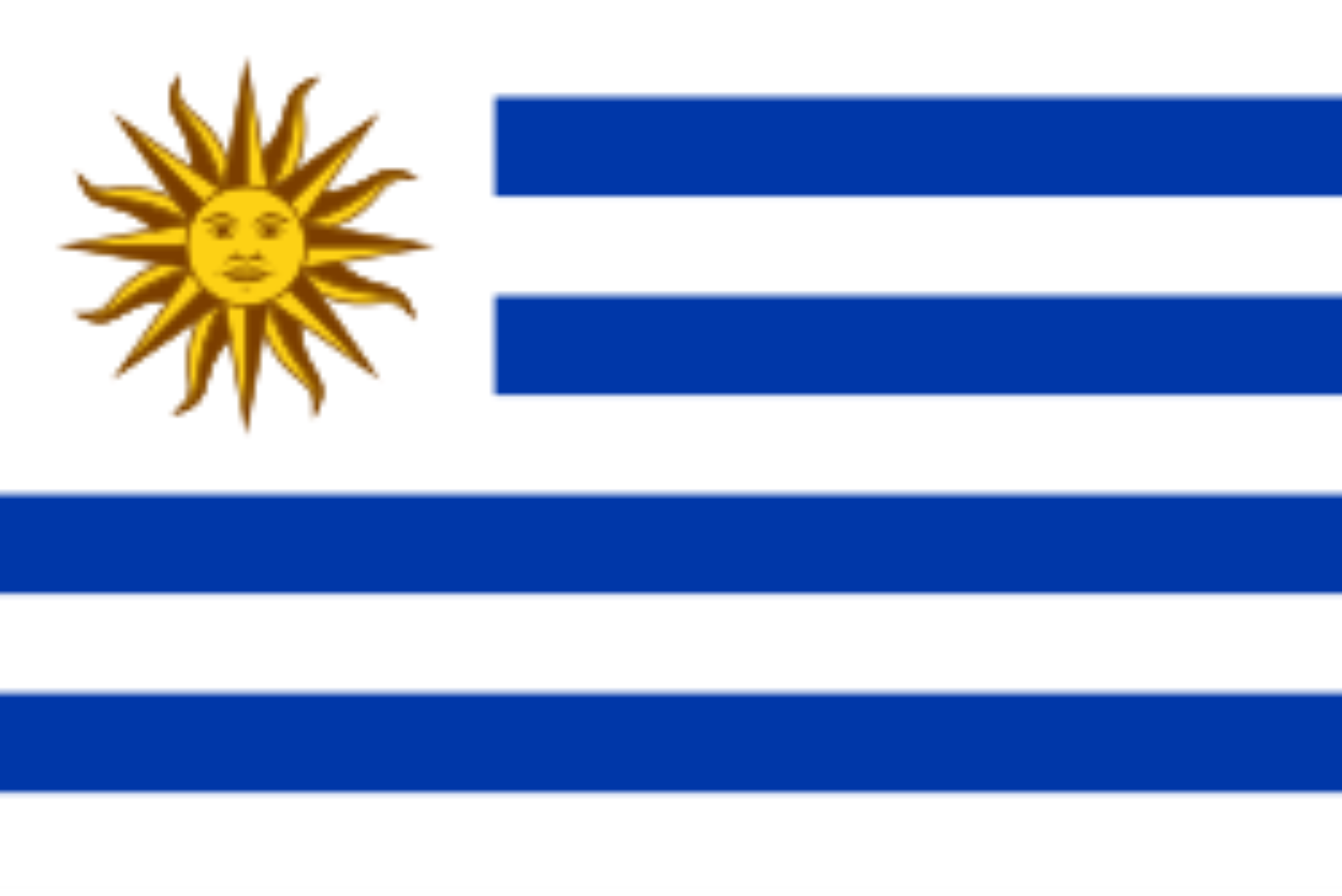
Officially known as the Oriental Republic of Uruguay, Uruguay is a small country in South America that shares its borders with Brazil and Argentina, along with the Atlantic Ocean. The country is known for its stable democracy, strong European influences (especially Spanish and Italian), progressive social policies, a rich love of mate (a herbal tea), beautiful coastlines, a national passion for football (soccer), and high quality of life. Its capital, Montevideo, is the largest city in Uruguay, located on the country’s southern coast along the Río de la Plata. The city is the cultural heart of Uruguay; home to theatre, music, carnival celebrations, and tango, possessing a mix of colonial buildings, art deco, and modernist structures, and known for its relaxed pace, safe streets, seaside promenade (La Rambla), and the Ciudad Vieja (Old City), which features charming streets, cafes, and historical landmarks.
Floods, droughts, and extreme temperature waves, along with storms, strong winds, and wildfires.
Tourists who commit speeding or other traffic violations on national routes will be required to pay their fines before leaving the country. If tourists try to leave the country without paying, they'll be prevented from doing so. Unpaid fines can carry more serious consequences depending on the offence: possible legal proceedings, difficulty renewing licenses, etc. Payment can be done via the Single Vehicle Entry Collection System (Sucive), through the web, or through authorised collection points in the country.
Here are breakthroughs of a few offences:
Laws are enforced tightly in many cases; ignorance (e.g. not knowing a local restriction) is often not accepted as a defence. Always keep proof of payment when you pay any fine, respect local laws about drugs, smoking, public behaviour, etc., and for driving, make sure your rental vehicle paperwork is in order; following speeding / traffic rules matters.
The official languages of Uruguay are Spanish and the Uruguayan Sign Language, but Portuguese, Portuñol and English are also spoken.
In Uruguay, vehicles drive on the right side of the road. The minimum driving age is 18, but the minimum renting age is usually 23, but some rental companies may have lower minimums (like 21), may require drivers to have held a licence for at least one or two years, and may apply a 'young driver surcharge' to drivers under 25. UK drivers don't typically need an International Driving Permit (IDP) to drive in Uruguay, but if your stay extends 90 days, an IDP is legally required.
Uruguay has toll roads especially connecting major cities and tourist areas. In some cases of tolls, foreigners must register for a tourist toll pass ('Pase Turista' or similar). Road quality is good around cities and main highways, but in more remote or rural areas, the roads can deteriorate: potholes, less maintenance. Driving style may be less disciplined than other countries. Be cautious for unexpected turns, signals being ignored, etc. Also, dipped headlights (or at least daytime running lights) are required to be on, even during daylight on many main roads.
Gasoline (95 octane, Premium 97) and diesel (Diesel 50S) are available and widely used. Major fuel stations are common in cities and along main highways, and are usually open 24/7. However, stations in more rural or remote areas may have more limited hours. Payment is usually by cash or card, but some smaller stations may have limitations with cards.
The legal limit is 0.03%.
Seatbelts are mandatory for all occupants, front and back.
Children under 12 years must ride in the back seat with an appropriate restraint system.